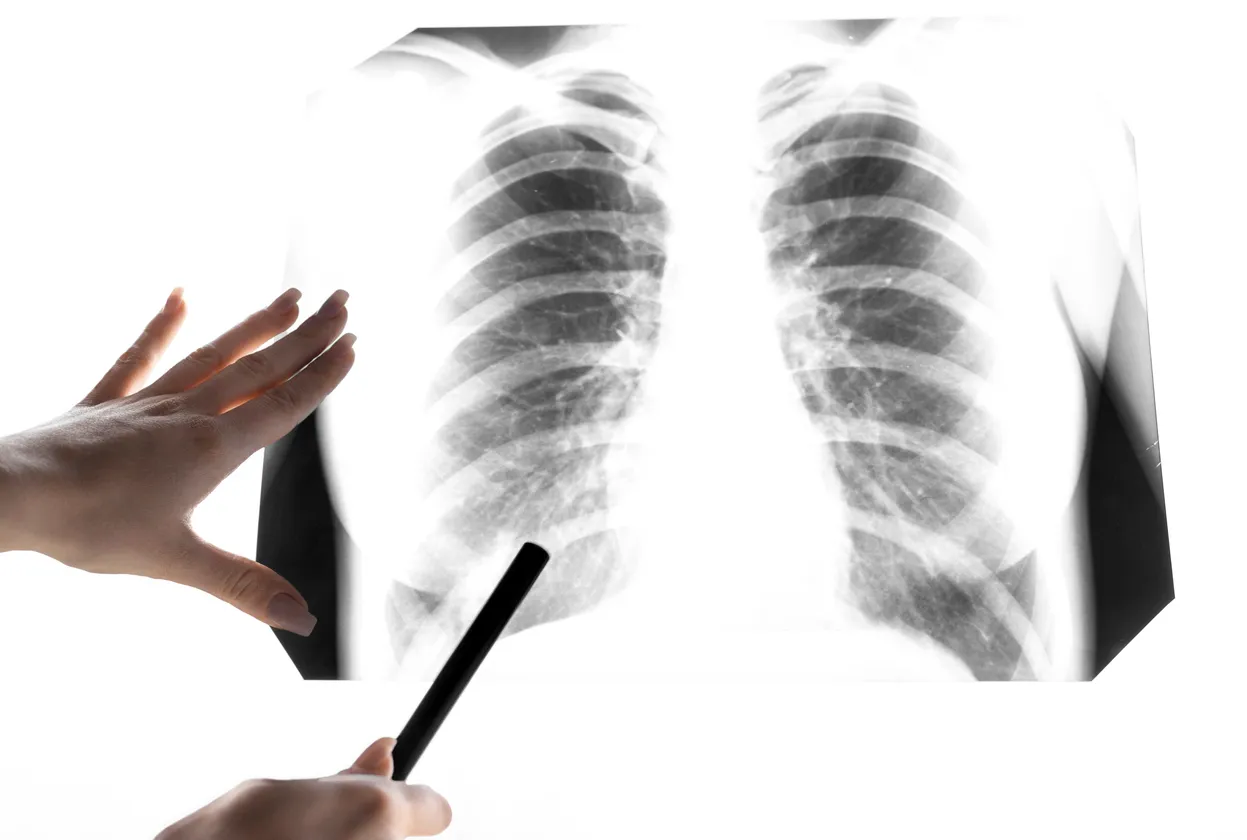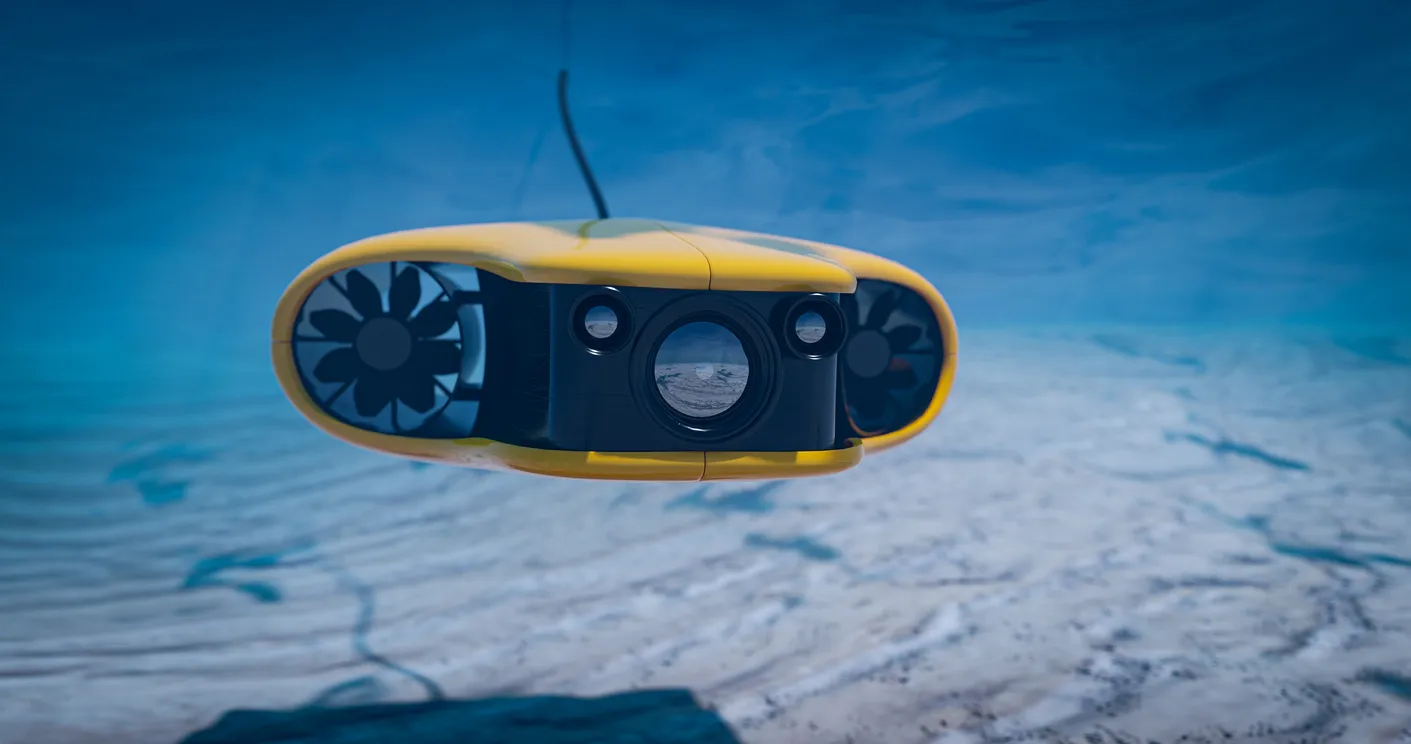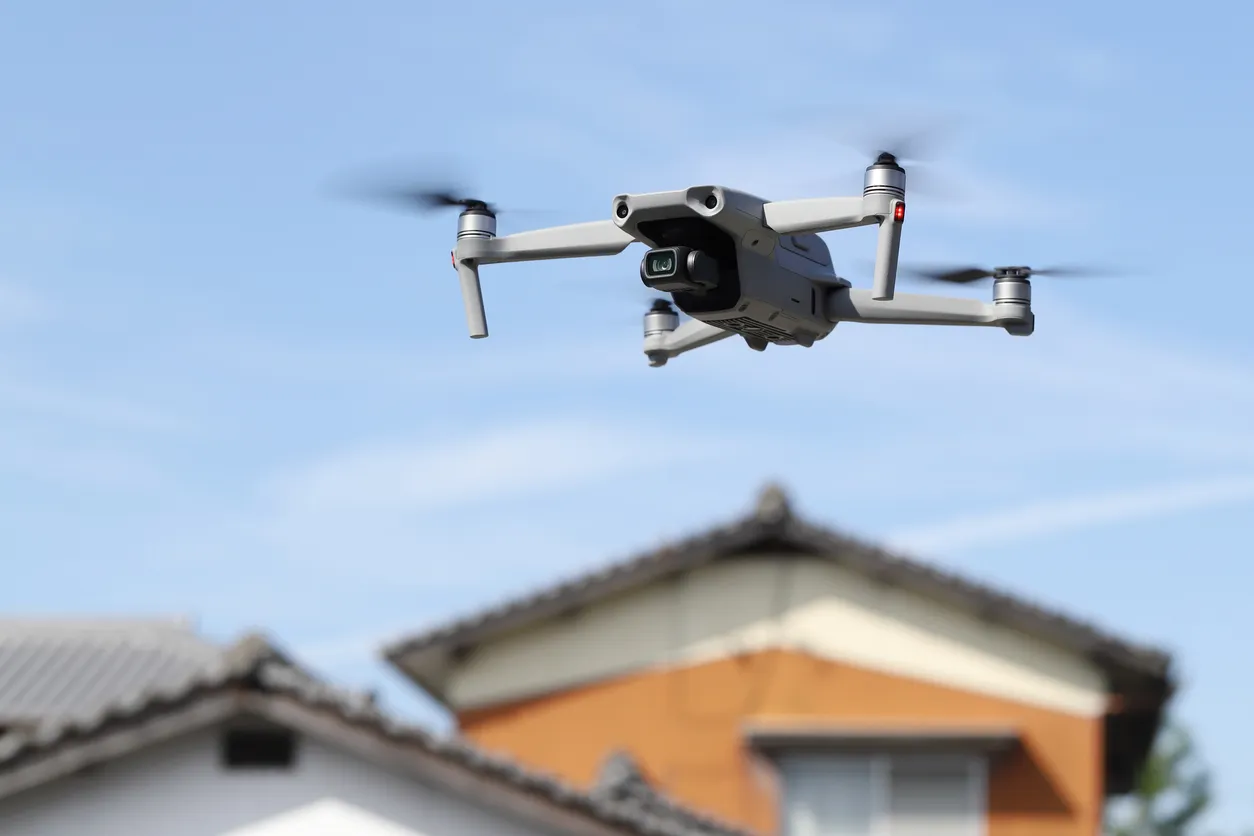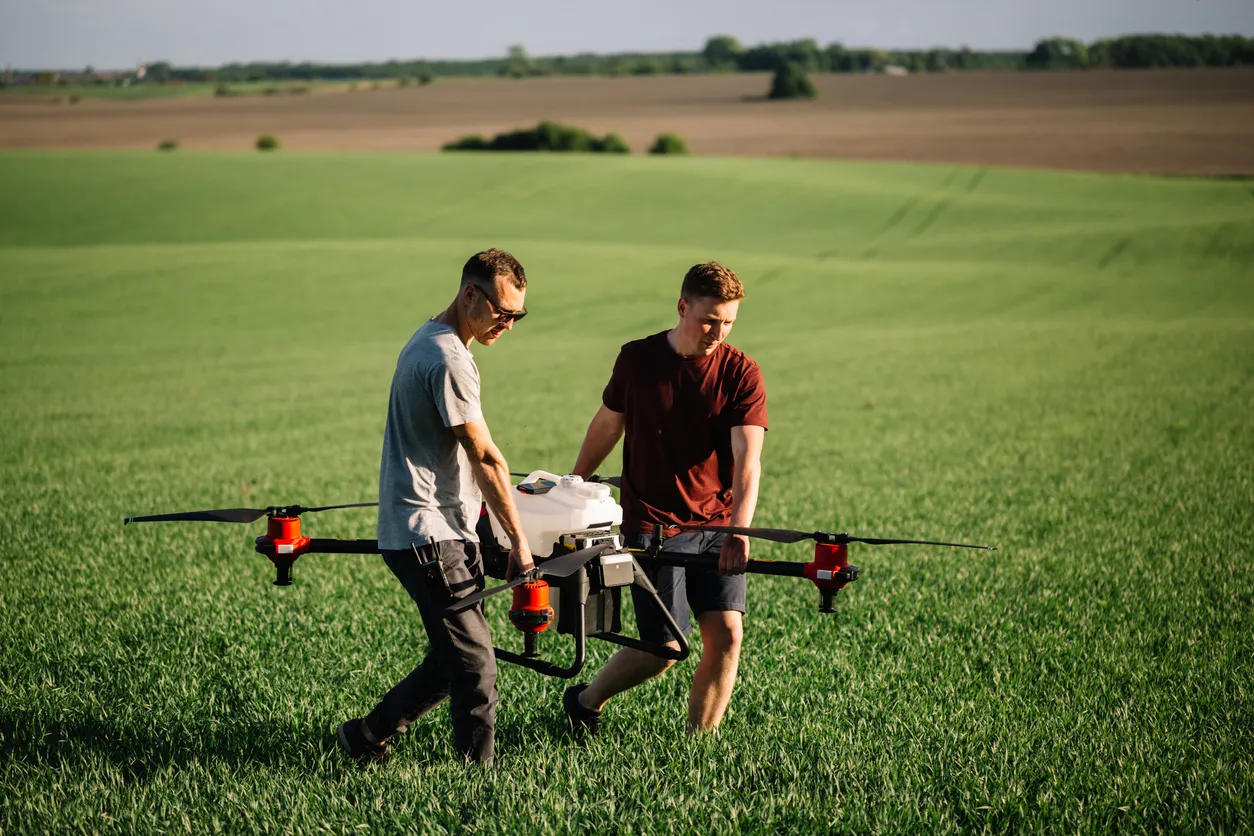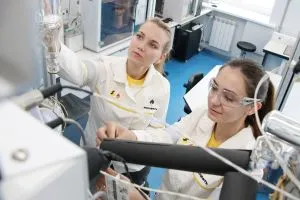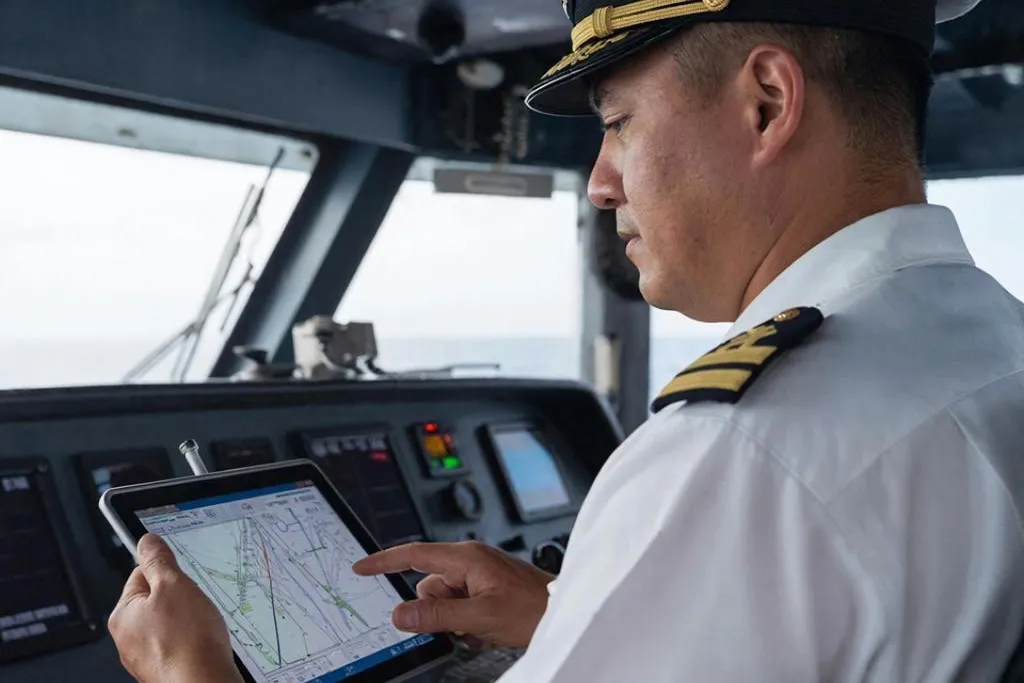Russia’s Floating Clinic Deploys AI to Reach Remote Villages
On Siberia’s Ob River, doctors aboard a medical ship are using AI to close the healthcare gap—delivering fast, accurate diagnostics to remote villages cut off from modern medicine.
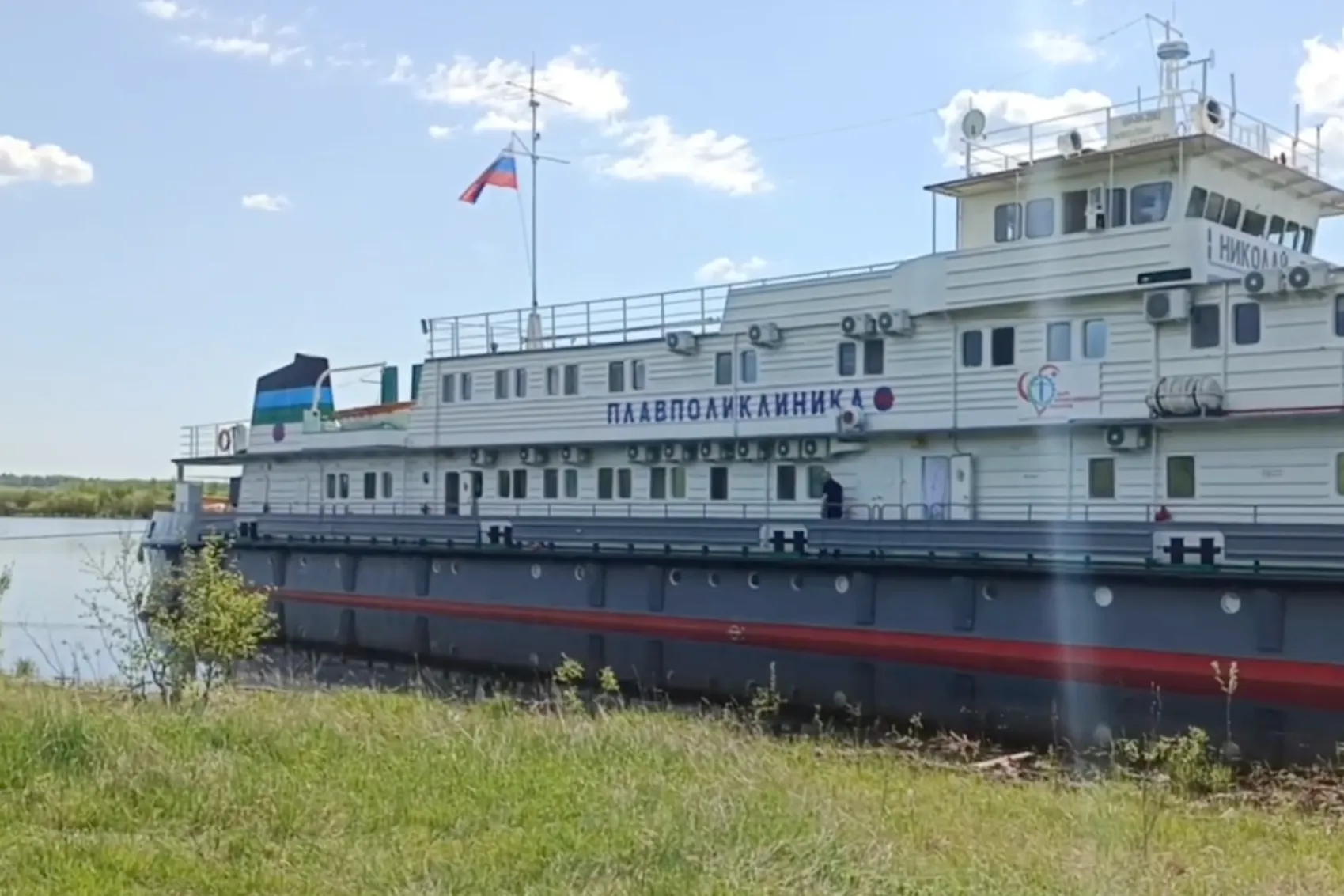
In the Khanty-Mansi Autonomous District, a unique project is bringing high tech to public health. The floating clinic Nikolai Pirogov now carries AI tools to help doctors run full medical exams for residents of remote Yugra settlements.
The ship moves from village to village along the Ob River, carrying modern healthcare where it was never available. AI sharpens diagnostics by scanning X-rays, flagging abnormalities, and speeding up results. Geography is no longer a barrier.
Every year, hundreds wait for the ship to dock. For many—the elderly, the disabled—it’s the only chance to see a cardiologist, neurologist, dentist, and ophthalmologist in one day. Cabins are transformed into exam rooms packed with equipment that rivals city hospitals.
The key innovation is artificial intelligence. Neural networks guide radiologists by highlighting suspicious areas on scans. Diagnoses come quicker, and human error is reduced.
For residents of far-off villages, it means access to the same advanced care city dwellers take for granted. But the lesson goes wider: the Nikolai Pirogov shows how AI can be embedded even in extreme, unconventional settings, pointing the way to future models of healthcare delivery.


